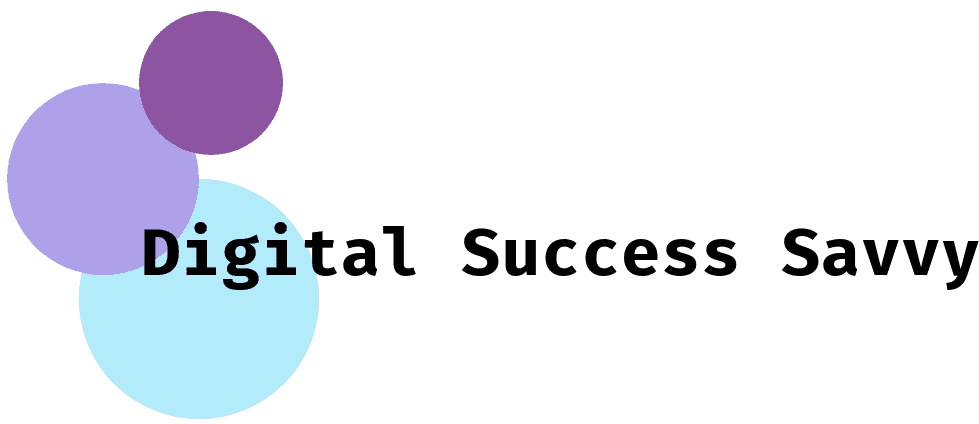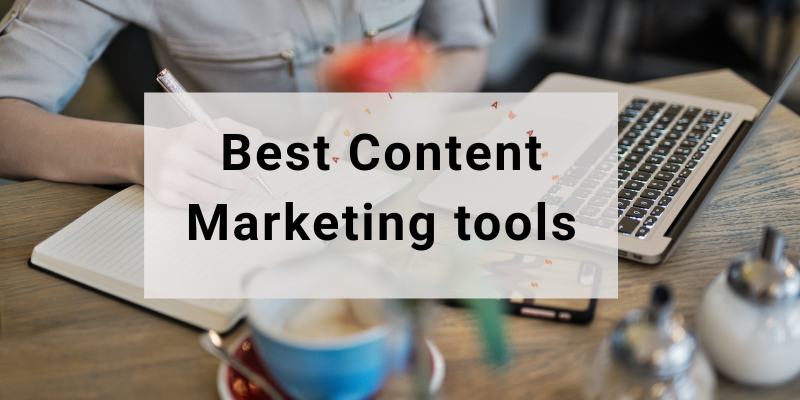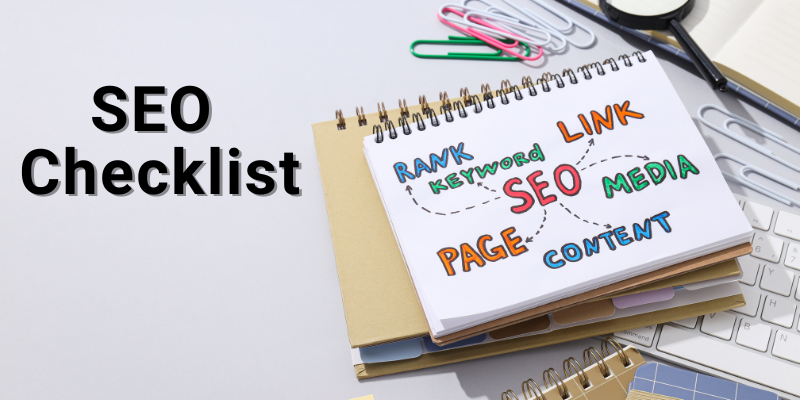
Introduction
Search Engine Optimization, is a game-changer for small startups or large enterprises looking to boost their online presence and drive organic traffic. But have you ever wondered what SEO is and how it can help your business grow?
SEO constantly evolves, and staying ahead can make all the difference. This guide will explore SEO and advanced strategies for improving your website’s visibility.
Let’s dive in and explore what it takes to succeed with SEO!
What is SEO?
SEO (Search Engine Optimization) is optimizing a website to improve its visibility on search engines.
It involves keyword research, content optimization, link building, and technical SEO to achieve a higher rank in search results.
The Foundations of Search Engine Optimization
Let’s explore some of the foundational elements of SEO:
- Keyword Research—Keyword research is the first step of SEO, where you need to find the term that your target audience is using.
- Quality Content – Creates valuable, engaging, and informative content that aligns with user intent.
- On-Page Optimization – Changes in the website, like optimizing title tags, meta descriptions, headers, and internal linking for better search visibility.
- Technical SEO – Ensuring a fast, mobile-friendly, and crawlable website with proper site architecture and structured data.
- Backlinks & Authority – Earning high-quality backlinks from reputable websites to build domain authority.
- User Experience (UX) – Improving site navigation, page speed, and mobile responsiveness for better user interaction.
- Local SEO – Optimizing Google My Business, creating local pages and customer reviews for local search success.
Advanced SEO Strategies for 2025
Following are the advanced SEO strategies that will help you stay ahead:
- Understanding User Intent: SEO in 2025 is about understanding the nuances of user intent. Use tools like AnswerThePublic to uncover underlying questions and desires behind search queries. Optimize your content to address these needs directly.
- Leveraging AI and Machine Learning: With AI-driven search engines on the rise, optimize your content for AI summarization. Use AI tools to analyze and improve your SEO strategy.
- Optimizing for Voice Search: Voice search is becoming more prevalent. Optimize your natural language query content by incorporating conversational keywords and answering common questions.
- Focusing on Core Web Vitals: Google emphasizes the importance of Core Web Vitals, including metrics like Largest Contentful Paint (LCP), First Input Delay (FID), and Cumulative Layout Shift (CLS). Improving these metrics enhances user experience and search engine rankings.
- Building Brand Authority: Enhance your brand’s authority by creating high-quality content, earning backlinks from authoritative sources, and showcasing your expertise. This is crucial for improving your site’s trustworthiness and ranking.
- Video SEO: With video content on the rise, optimize your videos for search engines using descriptive titles, tags, and descriptions. This can increase your visibility in video search results.
- Structured Data (Schema Markup): Add schema markup to help search engines understand your content better. This markup can enhance your appearance in search results with additional information like reviews and ratings.
- Evergreen Content: Create relevant content over time to drive consistent traffic and improve your site’s authority. This type of content is essential for long-term SEO success.
- Digital PR: Build relationships with influencers and journalists to boost your site’s authority and drive high-quality traffic.
SEO vs. SEM vs. PPC: Understanding the Differences
SEO, SEM, and PPC are often confused, but they serve distinct roles:
- SEO: Drives organic traffic by optimizing your website for search engines.
- SEM: An umbrella term for both SEO and PPC, focusing on driving traffic through search engines.
- PPC: Involves paid advertising, where you pay for each ad click.
Ideally, you should integrate SEO and PPC strategies for a comprehensive approach.
Why SEO Matters?
SEO is crucial for driving actual business results. Organic search delivers a significant portion of website traffic, and with billions of searches happening daily, improving your visibility can positively impact your bottom line. SEO also builds trust and authority, as high-ranking sites are often considered reliable sources.
The Role of SEO in the Age of AI
As AI-driven search engines become more prevalent, SEO’s role is evolving. While it’s still unclear how SEO will impact AI-generated content, optimizing for user intent, content quality, and brand authority will likely remain crucial.
From Visibility to Conversion: Measuring SEO Success
SEO is not just about achieving high rankings; it’s about driving qualified traffic and generating conversions. To measure SEO success, focus on metrics like:
- Organic traffic
- Conversion rates
- Return on investment (ROI)
Adapting to the Ever-Changing SEO Landscape
SEO is a dynamic field that requires continuous learning and adaptation. Stay informed about the latest algorithm updates, emerging technologies, and industry best practices to maintain a competitive edge.
Conclusion
SEO in 2025 requires a strategic, user-focused, and data-driven approach. It’s not a one-time task but an ongoing process that involves regular updates, content optimization, and adapting to search engine algorithm changes. By focusing on high-quality content, improving user experience, and leveraging advanced SEO techniques like AI and automation, businesses can enhance their online visibility and drive sustainable growth.
Successful SEO is about more than just rankings—it’s about delivering real value to your audience. Businesses that prioritize relevance, authenticity, and engagement will build long-term credibility and trust with both users and search engines. By staying informed and continuously refining your SEO strategy, you can stay ahead of the competition and achieve lasting success in the digital landscape.



